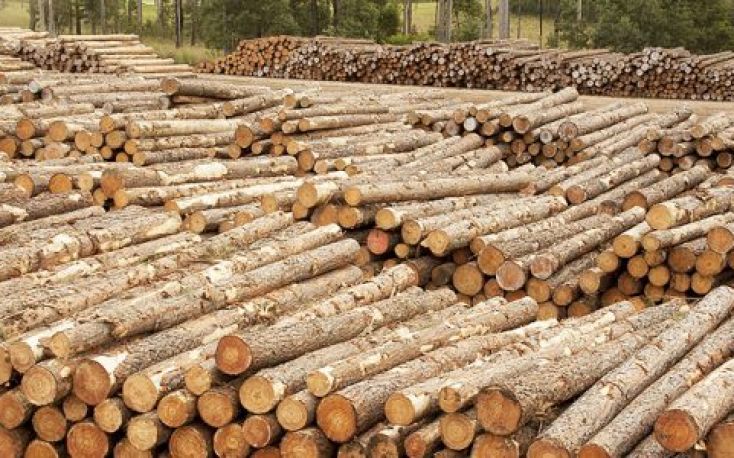The just announced phased reduction of tariffs for wood and paper exports to China will assist, in a long term realigning, of New Zealand exports into more further processed timber products.
The upgrade includes new rules to make exporting to China cheaper and easier, the highest level of commitment to environmental standards China has made in any free trade deal, and giving the vast majority of wood and paper trade to China preferential access over the next 10 years, reported RNZ, a local online news site.
That will include some processed wood products, for which the forestry sector had been seeking tariff cuts.
In return, New Zealand will adjust visa rules for some jobs here, including tour guides and Mandarin language teachers, but the overall number of visas allocated will not change.
Prime Minister Jacinda Ardern made the announcement at the East Asia Summit, where she had met with Chinese Premier Li Keqiang.
The next steps would be legal verification of the draft text, with the signing and release of the text expected in early 2020.
Association Chief Executive David Rhodes says Trade Minister, David Parker, has done a great job of removing much of the remaining obstacles for the processed timber export trade into China.
“It shows the long-term value of industry working with government as well, with a good foundation laid down by a major industry delegation to China in September last year with Forestry Minister Shane Jones.”
“Our industry is hugely reliant on China. Our processed timber exports there are worth $509 million a year, but that value could be a whole lot more, if it were not for those residual tariffs discouraging exporters. While the tariff removal on current exports is relatively small, it’s the potential for growth without the tariffs which is significant.”
“Two of our next two major export markets, Australia and Japan, are dominated by further processed exports. Paper and paperboard for Australia and wood panels for Japan,” David Rhodes says.
“It would be some time before China becomes a similar market for us, but the Chinese government has given a clear signal to New Zealand that it has no issue with processors in New Zealand expanding their exports to China and adding another 12 categories to the 48 already under reduction under the original 2008 FTA Agreement.
“We’d like to see tariffs taken off the final one percent of the export trade, but I’m sure the momentum is in that direction and it is only a matter of time before all the tariffs are gone.”
“More processing in New Zealand will create more jobs and give processors more confidence they have market access with fewer tariffs.”





Leave a Reply